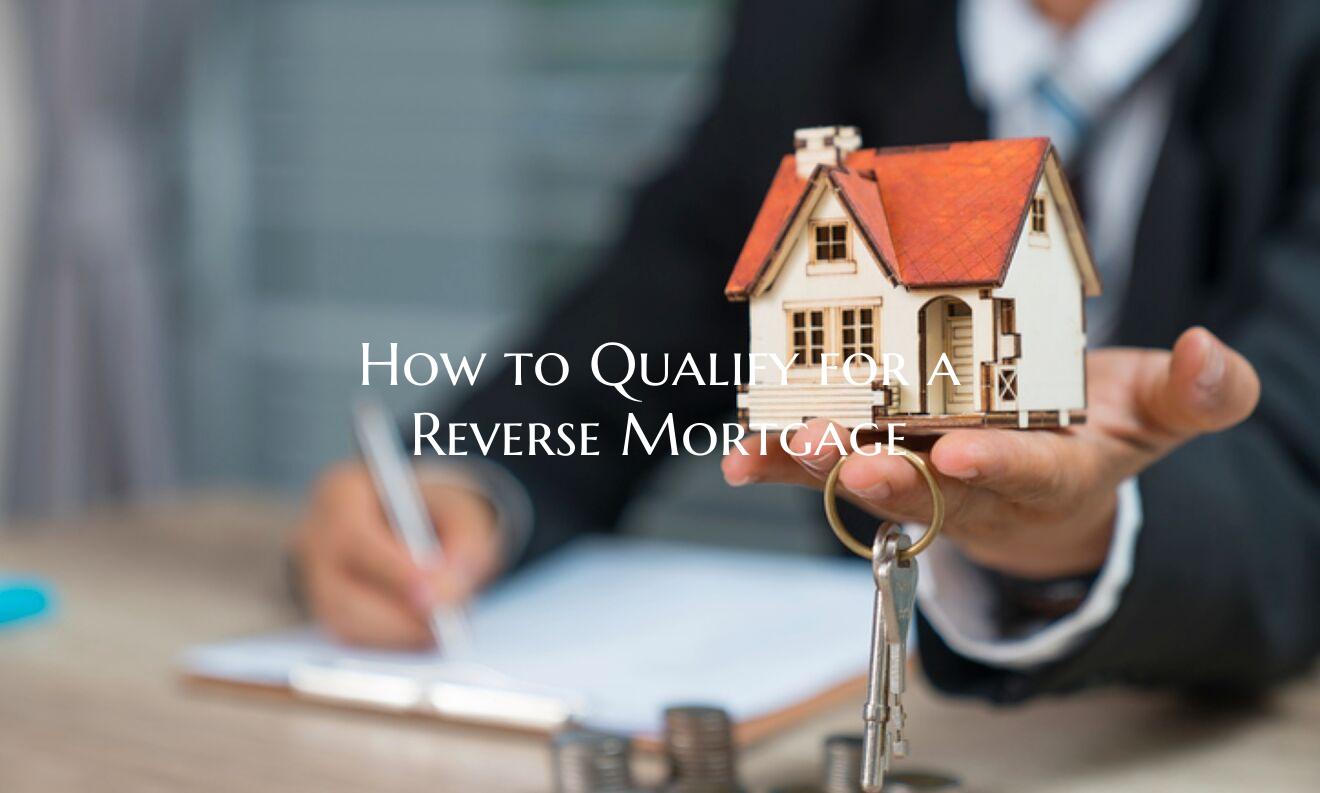How to Qualify for a Reverse Mortgage

A reverse mortgage is a financial tool that allows seniors aged 62 and above to borrow against the equity in their homes. It enables them to access the equity they have built up over the years, providing additional income during retirement. However, not everyone is eligible for a reverse mortgage. To qualify for this type of loan, there are certain criteria that need to be met. Here are the key requirements to qualify for a reverse mortgage:
1. Age Requirement: The first and most important criteria for qualifying for a reverse mortgage is the age of the borrower. You need to be at least 62 years old to be eligible for a reverse mortgage. The amount you can borrow is often determined by your age, with older borrowers being able to access a larger percentage of their home equity.
2. Home Ownership: To qualify for a reverse mortgage, you must own your home outright or have a low mortgage balance that can be paid off with the proceeds from the reverse mortgage. The property must be your primary residence, and certain types of homes such as vacation homes or investment properties may not qualify.
3. Equity in Your Home: Another important factor in qualifying for a reverse mortgage is the amount of equity you have in your home. The more equity you have, the more you can borrow with a reverse mortgage. Lenders will assess the value of your home to determine how much you can borrow.
4. Financial Assessment: While credit scores and income are not determining factors for a reverse mortgage, lenders will conduct a financial assessment to ensure that you have the ability to pay property taxes, homeowners insurance, and other ongoing property charges. This assessment helps determine if you can meet the financial obligations associated with the reverse mortgage.
5. Housing Counseling: Before applying for a reverse mortgage, you are required to attend a counseling session with a HUD-approved housing counselor. This counseling session provides you with important information about the costs and benefits of a reverse mortgage, as well as other alternatives that may be more suitable for your financial situation.
In conclusion, qualifying for a reverse mortgage requires meeting specific age, home ownership, equity, financial, and counseling requirements. It's important to carefully consider these criteria and assess whether a reverse mortgage is the right financial decision for your retirement planning. Consulting with a financial advisor or housing counselor can help you navigate the process and make an informed decision about utilizing a reverse mortgage as part of your retirement strategy.
